| Conferences > Liquid Biopsies and Minimally-Invasive Diagnostics 2017 > Keynote Speakers |
| Register | Login |
Allison BallmerInternational Business Leader, Roche Molecular Systems, Inc.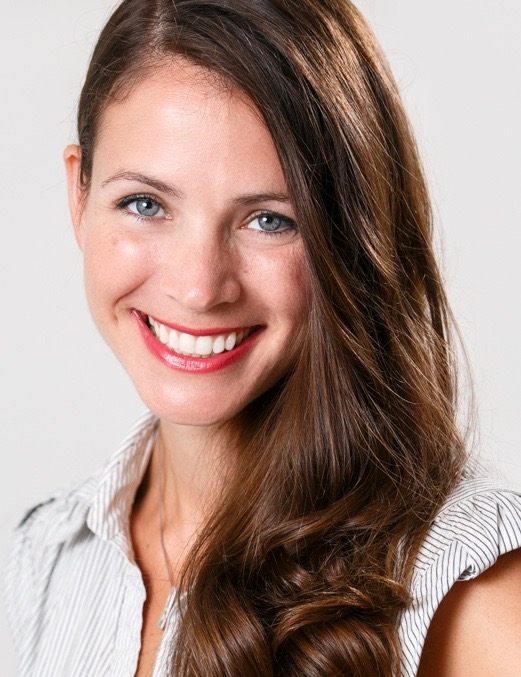 Allison Ballmer is an International Business Leader at Roche Sequencing leading the Global Portfolio for Roche’s revolutionary Next Generation Sequencing platforms, delivering medically meaningful solutions for future clinical applications. Ms. Ballmer has held Business Development and Commercial leadership roles in Molecular Diagnostics with a particular emphasis in Oncology. She began her career in Cancer Diagnostics holding leadership roles in Engineering and Operations, Quality and Regulatory. Ms Ballmer serves on the Advisory Board of Techbridge Girls, a non-profit helping advance girls and underrepresented minorities in STEM. She earned her B.S. in Mechanical Engineering from Virginia Tech and Marketing certifications from Cornell University. She enjoys Career and Life Coaching and is a certified practitioner of Internal Family Systems Therapy. |
Ellen BeasleySenior Vice President, Genomic Health Inc Ellen Beasley has over 20 years of product development and program management experience in biotechnology and genomics sciences. She brings a record of successful integration and application of bioinformatics, genetics and genomics platforms to advance and accelerate life sciences instrument, diagnostics and therapeutics product discovery and development. Ellen started her career in human genomics at the Stanford Human Genome Center and lead the team developing physical maps of the human genome. She then moved to Celera Genomics and participated in the genome sequencing and gene discovery efforts for the human genome. After the completion of the human genome, Ellen managed various discovery efforts to apply the human genome, including drug target discovery efforts, investigation of the genetic basis of autoimmune disease and companion diagnostic partnership development. Ellen then moved to Perlegen Sciences where she was SVP of R&D Operations, managing companion diagnostic programs and building the CLIA lab for commercialization of a breast cancer risk assay. In 2009, Ellen joined Life Technologies and was VP of Biological Information Systems, leading a team to develop methods and software tools to exploit the data from next generation sequencers. Since joining Genomic Health in 2013, Ellen has focused on the application of next generation technologies, including sequencing and liquid-based biopsy, to discover and develop Genomic Health’s next generation of products to serve patients living with cancer. Ellen received a B.S. in Biology from Trinity College (Hartford, CT) and a Ph.D. in Molecular Genetics & Cell Biology from The University of Chicago, she completed post-doctoral training at the Biozentrum of the University of Basel in Switzerland and Stanford University. Ellen is an inventor on approximately 170 patents. |
Yoon-Kyoung ChoProfessor, Biomedical Engineering, Ulsan National Institute of Science & Technology; Group leader, IBS; FRSC, Fellow of Royal Society of Chemistry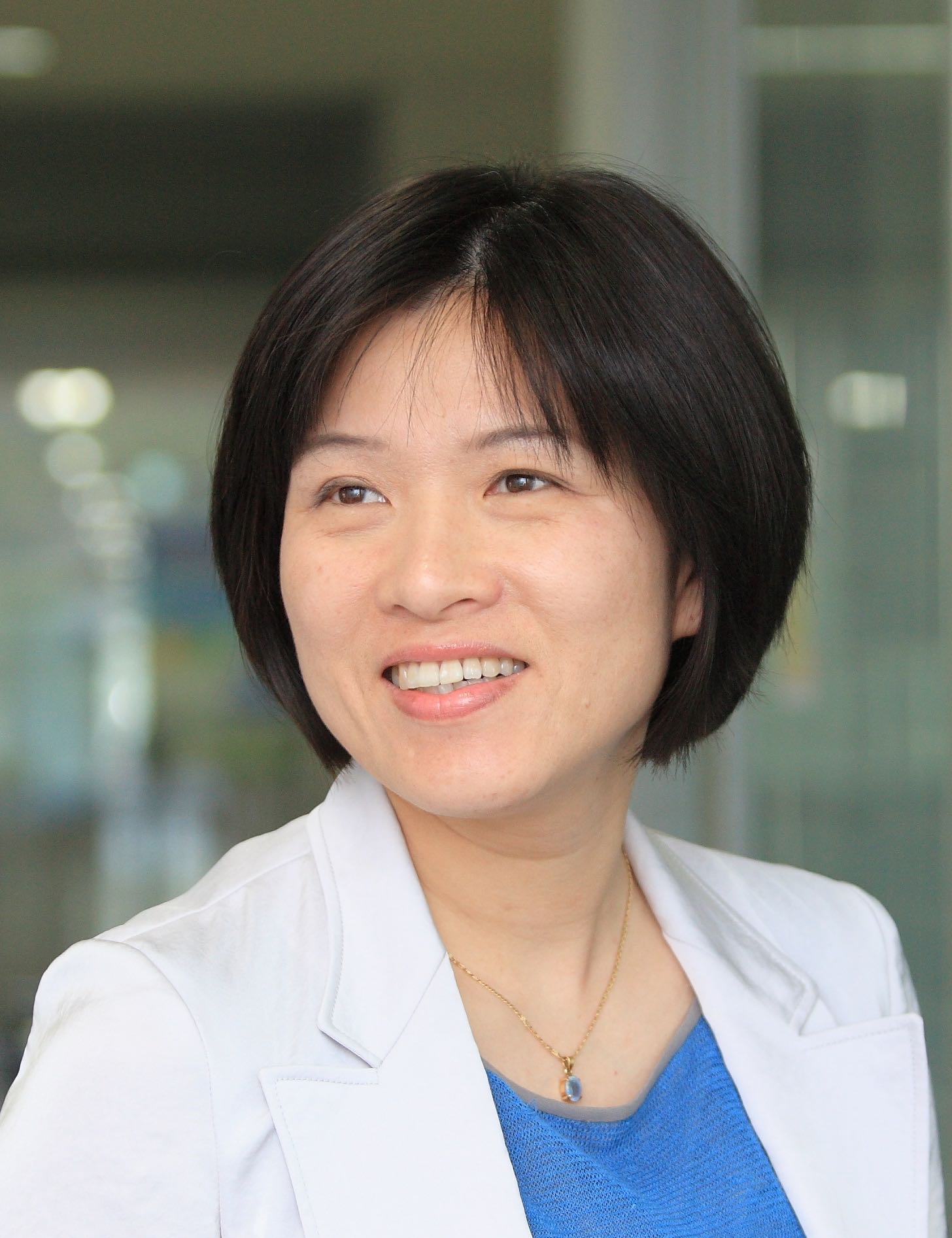 Yoon-Kyoung Cho is a full professor of Biomedical Engineering at UNIST and a group leader in the Center for Soft and Living Matter at the Institute for Basic Science (IBS), Republic of Korea. She is a member of the National Academy of Engineering of Korea (NAEK) and a Fellow of Royal Society of Chemistry (FRSC). She serves as a director at the Chemical and Biological Microsystems Society (CBMS) and an associate editor for Lab on a chip. She received her Ph.D. in Materials Science and Engineering from the University of Illinois at Urbana-Champaign (UIUC) in 1999, having obtained her M.S. and B.S. in Chemical Engineering from POSTECH in 1994 and 1992, respectively. She worked as a senior researcher (1999–2008) at Samsung Advanced Institute of Technology (SAIT), where she helped create biomedical in vitro diagnostic instruments. Her research spans a broad spectrum from fundamental scientific exploration to translational efforts, focusing primarily on microfluidics and nanomedicine. Her current research topics include a lab-on-a-disc for the detection of rare cells and biomarkers, quantitative analysis of single cells, and system analysis of cellular communication. She published over 135 journal papers and over 205 issued patents, many of which helped Samsung Electronics and two start-ups (Clinomics and LabSpinner) build commercial products. Discover more at http://fruits.unist.ac.kr. |
Utkan DemirciProfessor, Stanford University School of Medicine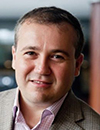 Utkan Demirci, PhD, is a professor with tenure at Stanford University School of Medicine at the Canary Center at Stanford for Cancer Early Detection. Before moving to Stanford, he was an associate professor of Medicine and Health Sciences and Technology at Brigham and Women’s Hospital, Harvard Medical School (HMS) and Harvard- Massachusetts Institute of Technology (MIT) Health Sciences and Technology. His group is focused on the development of point-of-care technologies and creating microfluidic platforms for sorting rare cells and exosomes for infectious diseases and cancer. His early work founded the basics of 3-D bioprinting of cells and biomaterials. |
Michael HellerProfessor, Dept Bioengineering, University of California-San Diego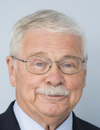 Michael J. Heller received his PhD in Biochemistry from Colorado State University in 1973. He was an NIH Postdoctoral Fellow at Northwestern University from 1973 to 1976. From 1976 to 1984 he was supervisor of the DNA Technology Group at Amoco Corporation (Standard Oil Indiana) During that time he carried out early bioengineering and recombinant DNA work on plants, algae and photosynthetic bacteria for energy and chemical production, and developed some of the first fluorescent resonant energy transfer (FRET) and chemiluminescent oligonucleotide probes for DNA hybridization analysis. He also oversaw Amoco’s sponsored energy and chemical research work at Cetus Corporation, which included the cloning of thermophilic enzymes. Dr. Heller was the Director of Molecular Biology at Molecular Biosystems, Inc., from 1984 to 1987. He was a co-founder of Integrated DNA Technologies, and served as President and Chief Operating Officer from 1987 to 1989. He was a co-found of Nanogen and served as the Chief Technical Officer from 1993 to 2001. Nanogen carried out the successful development and commercialization of electronic DNA microarray technology for clinical diagnostic genotyping applications. Dr. Heller is a Professor (Recall/Emeritus) in the Departments of Nanoengineering and Bioengineering at the University California San Diego. He is also now a Distinguished Scientist at the Oregon Health & Science University (OHSU), Center for Cancer Early Detection and Research (CEDAR), in Portland, Oregon. He has also co-founded a company called Biological Dynamics which is developing new sample to answer cancer diagnostics technology, based on the novel dielectrophoretic (DEP) technology developed at his UCSD lab. Dr. Heller has extensive industrial experience in biotechnology, biomedical and molecular diagnostic devices and nanotechnology, with particular expertise in the areas of DNA probe diagnostics, electrokinetic lab-on-a-chip devices, DNA synthesis, FRET/fluorescent-based detection technologies and electric field assisted self-assembly of DNA nanostructures. Dr. Heller has over 100 publications and 56 issued US patents. |
Janet JinDirector of Assay Development, Roche Sequencing Solutions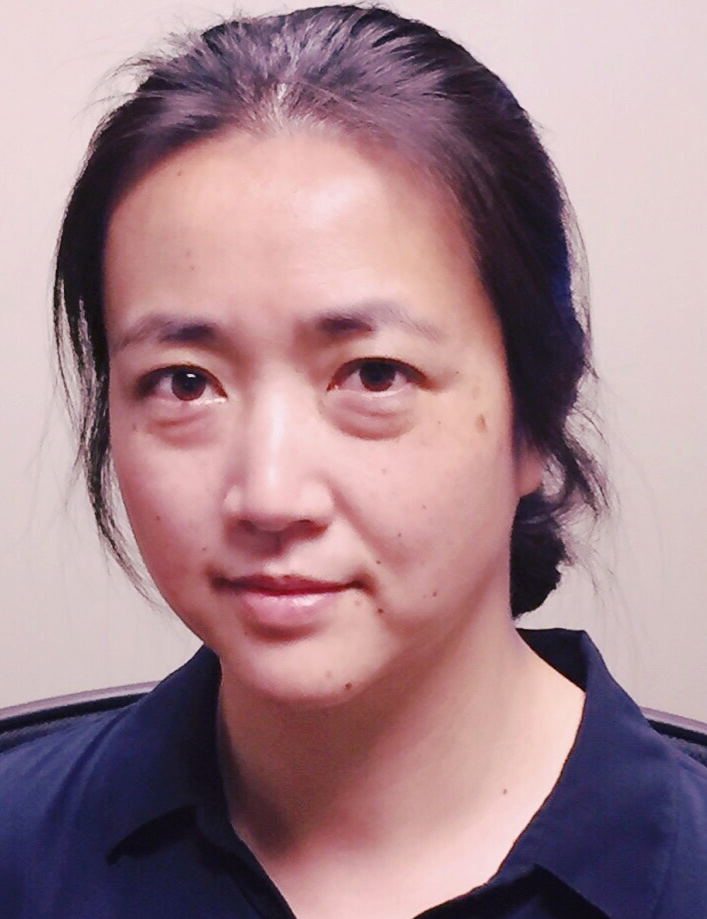 Dr. Janet Jin, PhD is a cancer biologist and product development scientist, currently serving as the director of assay development at Roche Sequencing Solutions. Dr. Jin’s team is responsible for developing Next Generation Sequencing based oncology products, as well as conducting a number of clinical research collaborations with internal and external partners to apply NGS-based oncology assays in clinical research settings. Dr. Jin began her professional career in discovery oncology at Roche/Genentech, identifying novel targets for the small molecule drug discovery program. She subsequently joined the Genomics and Oncology research team at Roche Molecular Systems, where she led the effort to develop NGS based oncology assays to support internal IVD development projects. Dr. Jin received her PhD in Cancer Biology from Stanford University, School of Medicine. She received her Bachelor degree from the University of California, Berkeley, in Molecular and Cell Biology, with an emphasis in Genetics. |
Shana KelleyProfessor, University of Toronto Dr. Shana Kelley is a Distinguished Professor of Chemistry, Biochemistry, Pharmaceutical Sciences, and Biomedical Engineering at the University of Toronto. Dr. Kelley received her Ph.D. from the California Institute of Technology and was a NIH postdoctoral fellow at the Scripps Research Institute. The Kelley research group works in a variety of areas spanning bioanalytical chemistry, chemical biology and nanotechnology. Shana’s group has developed novel electrochemical sensors that enable ultrasensitive nucleic acids detection for clinical diagnostics, and has also investigated a new set of chemical probes that interact with intracellular nucleic acids. The Kelley labs also use nucleic acids as building blocks for complex nanomaterials assembly. Dr. Kelley’s work has been recognized with a variety of distinctions, including being named one of “Canada’s Top 40 under 40”, a NSERC E.W.R. Steacie Fellow, and the 2011 Steacie Prize. She has also been recognized with the Pittsburgh Conference Achievement Award, an Alfred P. Sloan Research Fellowship, a Camille Dreyfus Teacher-Scholar award, a NSF CAREER Award, a Dreyfus New Faculty Award, and was also named a “Top 100 Innovator” by MIT’s Technology Review. She is a founder of two molecular diagnostics companies, GeneOhm Sciences (acquired by Becton Dickinson in 2005) and Xagenic Inc. |
Fred KramerProfessor, New Jersey Medical School Rutgers University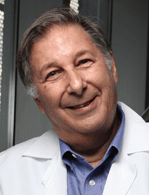 Fred Russell Kramer is Professor of Microbiology, Biochemistry and Molecular Genetics at Rutgers University, and has been a Principal Investigator at the Public Health Research Institute for the past 30 years. He also serves as PHRI's Associate Director for Business Development. He graduated from the University of Michigan in 1964 and received his doctorate from the Rockefeller University in 1969. He was on the faculty of the Department of Genetics and Development at Columbia University College of Physicians and Surgeons for 17 years, and was a Research Professor in the Department of Microbiology at New York University School of Medicine for 27 years. |
Jan LötvallProfessor, University of Gothenburg; Founding President of ISEV; Editor-in-Chief, Journal of Extracellular Vesicles Jan Lötvall is Professor at the Institute of Medicine at Göteborg University since 2002 where he directs a research laboratory studying extracellular vesicles. He is a medical specialist in both Clinical Allergy and Clinical Pharmacology, and has a long-term experience in translational studies in primarily inflammation, but also cancer. He was first elected President of the International Society for Extracellular Vesicles (ISEV, 2011-2016), a rapidly growing non-profit organisation in the field of exosomes, microvesicles and other extracellular vesicles (www.isev.org; >1100 members). The research line focusing on extracellular vesicle biology has received extensive international recognition, as the lab was first to discover the ability of exosomes to shuttle RNA between cells in 2007. During the period of May 2016 to January 2018, JL served as Chief Scientist at Codiak BioSciences, a startup biotech company focusing on developing exosomes as a therapeutic platform. From January 2018, JL was the founding editor of the journals “Clinical and Translational Allergy” (2011, IF 3.239) and Journal of Extracellular Vesicles (JEV: IF 14.9). JL is the current Editor-in-Chief of JEV since August 2019. He is also the Chief Executive Officer and Chief Scientific Officer of Exocure Biosciences, a privately held vesicle therapeutics company. |
Chamindie PunyadeeraAssociate Professor, Institute of Health and Biomedical Innovation, Queensland University of Technology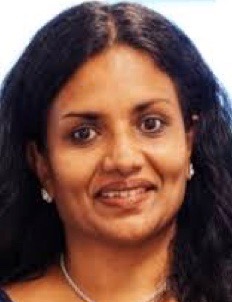 Associate Professor Chamindie Punyadeera is an entrepreneur with a track record in innovation, industry engagement, intellectual property generation, and business development. She is a globally acknowledged pioneer in salivary diagnostics. She obtained her Ph.D. in Clinical Chemistry from the University of Witwatersrand, South Africa, prior to undertaking postdoctoral training with Professor Ton de Goeij, at the University of Masstricht, The Netherlands. She subsequently joined Royal Philips Electronics, Eindhoven, The Netherlands, as a Senior Scientist/Project Leader. Currently she heads the Saliva Translational Research (STaR) laboratory at the Queensland University of Technology, Australia. Her team focuses on developing novel diagnostic and prognostic biomarkers for cardiovascular diseases, head and neck cancers and linking oral health to systemic diseases. She has collaborative projects with Johnson & Johnson, MDx-health, Mawi-DNA Technologies and Oasis Diagnostics, is a consultant to Oasis Diagnostics® and FLUIDS iQ™. She has 13 PCT patents and over 60 refereed publications, including 4 invited book chapters, and serves on the Editorial Board of the Journal of Oral Oncology and the Associate Editor to the Journal of Dento Medical Science. |
Dominique PV de KleijnProfessor Experimental Vascular Surgery, Professor Netherlands Heart Institute, University Medical Center Utrecht, The Netherlands Prof. Dr. Dominique PV de Kleijn is molecular biologist and chemist and professor of Exp. Vascular Surgery at UMC Utrecht and professor at the Netherlands Heart Institute. From 2012 to 2016, he was Research Professor of Surgery at NUS/NUHS and preclinical director of the Cardiovascular Research Institute (CVRI) Singapore. He was until 2016 professor of Cardiovascular Immunology and co-chair of Experimental Cardiology at UMC Utrecht. Since 1997 he is coordinating cardiovascular research from basic science, animal myocardial infarction and atherosclerotic studies (pig and sheep) towards clinical biobanking studies. His research interests are: The innate immune system in cardiovascular disease and atherosclerosis & Biomarkers predictive for primary & secondary events with a focus on plasma extracellular vesicles. He has more then 275 publications and a H-factor of 78. |
Sehyun ShinProfessor & Director, Nano-Biofluignostic Engineering Research Center, Korea University and Anam/Guro Hospital of Korea University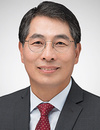 Professor Shin is currently professor of School of Mechanical Engineering and College of Medicine at Korea University and the director of Nano-Biofluignostic Engineering Research Center. He also has served as the Editor of the Journal of Mechanical Science and Technology (JMST). His research interests include the liquid biopsy for cancer and infectious viruses and the development of microfluidic technologies for disease detection, diagnosis and therapy. He has authored more than 150 peer-reviewed papers and delivered more than 130 invited talks and plenary lectures. He is as the president of International Society of Clinical Hemorheology as well as president of Biomedical Engineering Society of Cardiovascular Diseases. Prof. Shin co-founded three startups which are commercializing technologies developed in his lab. He has garnered many research awards and honors including Presidential citation of Science and Technology Merit by the Korean government, award for the Scientist of the month by NRF, the Academic award of KSME, the Nam-Heon Academic Award for Thermal engineering, Fellow of the ISCH, Fellow of KSME and Fellow of KSOR. Finally, Prof. Shin currently heads a group of 15 researchers. |
John SninskyChief Scientific Officer, CareDx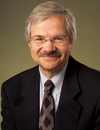 |
Steve SoperFoundation Distinguished Professor, Director, Center of BioModular Multi-Scale System for Precision Medicine, The University of Kansas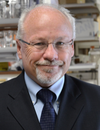 Prof. Soper is currently a Foundation Distinguished Professor in Chemistry and Mechanical Engineering at the University of Kansas, Lawrence. Prof. Soper also holds an appointment at Ulsan National Institute of Science and Technology in Ulsan, South Korea, where he is a World Class University Professor. He is also serving as a Science Advisor for a number of major worldwide companies. Prof. Soper is currently on the Editorial Board for Scientific Reports and Journal of Micro- and Nanosystems. |
Hsian-Rong TsengProfessor, Crump Institute for Molecular Imaging, California NanoSystems Institute, University of California-Los Angeles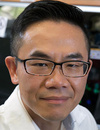 Dr. Tseng is professor in the Department of Molecular & Medical Pharmacology at UCLA. He also holds memberships of the California NanoSystems Institute, Crump Institute for Molecular Imaging and Institute for Molecular Medicine on the UCLA campus. Since he joined UCLA Pharmacology in 2003, Dr. Tseng’s group at UCLA has developed a series of nanotechnology- and microfluidics-enabled in vitro molecular diagnostic (IVMD) technologies. In collaboration with his physician colleagues, the goal of their joint team is to translate these new IVMD technologies from research bench to clinical practice. |
David WongFelix and Mildred Yip Endowed Chair in Dentistry; Director for UCLA Center for Oral/Head & Neck Oncology Research, University of California-Los Angeles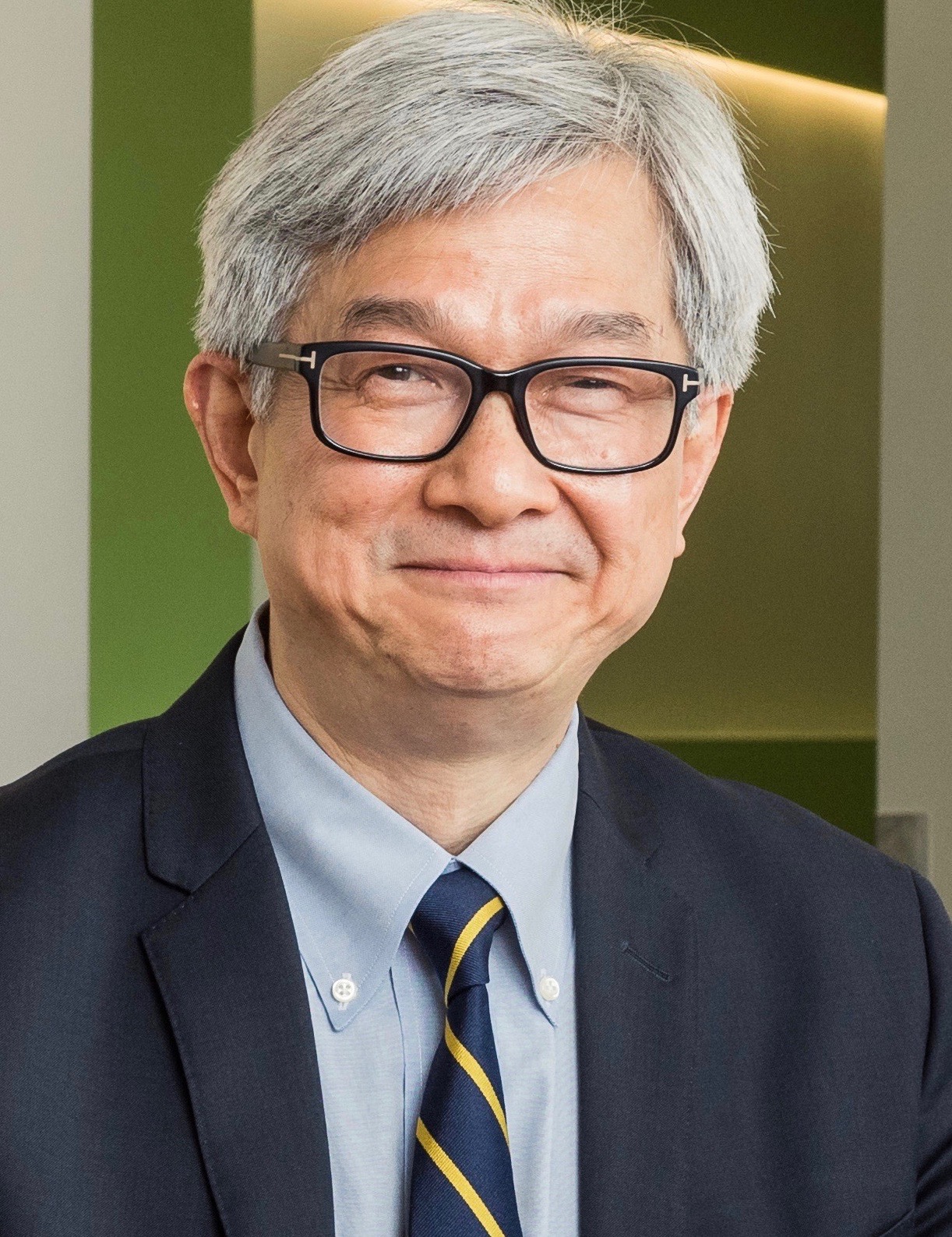 David T.W. Wong DMD, DMSc is Felix & Mildred Yip Endowed Professor, Associate Dean of Research and Director of the Oral/Head and Neck Oncology Research Center at UCLA. Dr. Wong is an active scientist in oral cancer and saliva diagnostics research. He has authored over 280 peer reviewed scientific publications. He is a fellow of the American Association for the Advancement of Sciences (AAAS), past member of the ADA Council of Scientific Affairs and the past president of American Association of Dental Research (AADR). |




